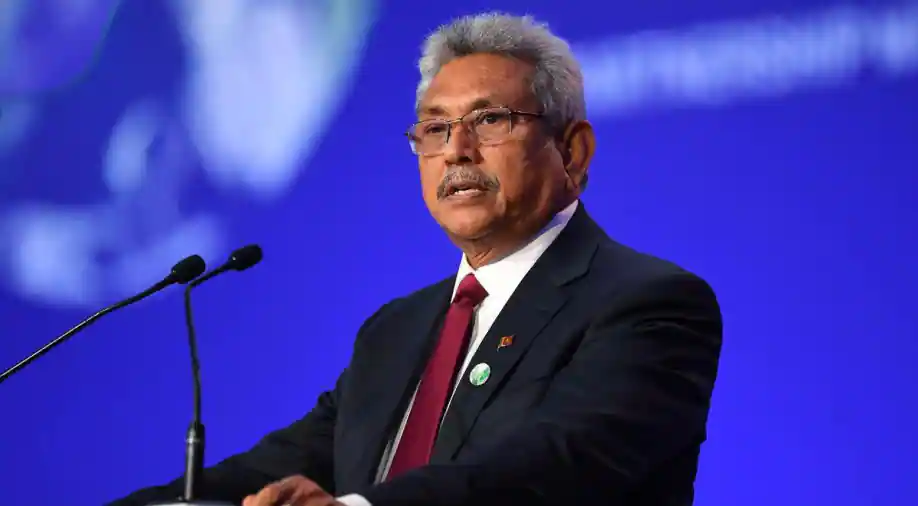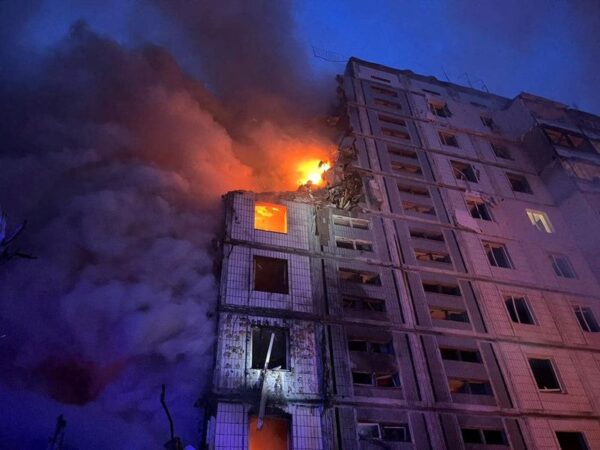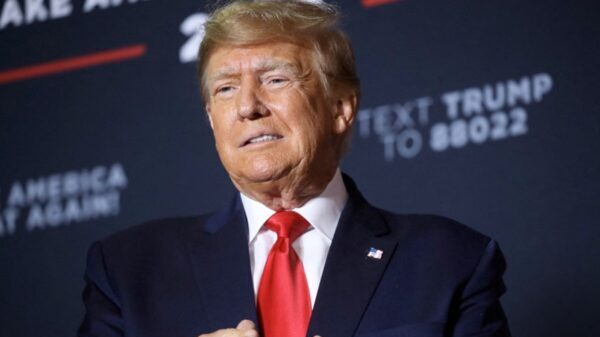
Premacumar activist Gunaratnam said he was marked for death by the security boss Sri Lanka a decade ago. The architect of his kidnapping then became president, but now the dissidents have played a key role in the fall of the leader.Now 56 years old, Gunaratnam was captured by armed armed people from his home near Colombo, bundled into a white van, and taken to a secret location where he was detained, stripped and tortured.
Clearly dressed men who operate in vehicles that are not signed confiscating dozens of other dissidents, journalists and opposition politicians in 2012. Many are never seen again.Gunaratnam, a radical left person who will launch a new political party, is one of the lucky people: International pressure secures an unexpected release four days later.Sri Lanka security forces were controlled at that time by Gotabaya Rajapaksa – who later became president, oversees the worst economic crisis in the country and last week fled the island before resigning after his house was caused by the protesters assisted by Gunaratnam.
“He kidnapped me and wanted to kill me,” he told AFP. “But this is not personal,” he added with a sour smile.Local media described the activist as a “key driver” in building a protest movement for months that did not lead which channeled frustration of the economic crisis into a political revolution.
That caused the fall of the political clan that had been worshiped by most of the countries because it ended a sibling war that had been decades aged, despite an international anger over the atrocities by government forces in the last weeks of conflict.
Rajapaksa flight and rushing to Singapore was “victory for democracy”, Gunaratnam told AFP, but added that the mission of the protesters would not be completed until he returned to justice in the Sri Lanka courtroom.He is one of the main people responsible for kidnapping and elimination, and he is one of the people responsible for war crimes,” he said.
White vans
The security forces who allegedly kidnapped opponents who were troublesome so often during and after the Sri Lanka ethnic war that “white achievers” became euphemism for kidnapping.Rajapaksa acknowledged the practice of white kidnapping to a local reporter in 2019, but added that it had determined his time as Minister of Defense Sri Lanka and said it was unfair to “show” to be blamed.
Gunaratnam looked back at his trials in 2012 with extraordinary humor, even though it came only a few months after his two close colleagues disappeared, never seen again.He was given Australian citizenship after escaping from the country, afraid of retaliation for his political activities, and he praised the lobby by the Ambassador of Canberra for saving his life.
Gunaratnam has spent a lifetime of life in revolutionary politics and, in a country with a long history of armed conflict and human rights violations, it is not the first close brush with death.When a teenager, he joined the left political rebellion in the 1980s and, according to journalist Sri Lanka Victor Ivan, ordered a group of students disguised as soldiers when they raided the army camp in Kandy for weapons.
He was finally arrested in a trap reportedly determined by the Commander of the Army Sarath Fonseka, who was accused of leading to leading hundreds of killings outside the law in the city of Trincomalee Northeast during the conflict.”I counted backward days until the end of my life,” he told AFP.He was only released, he said, because the government was under pressure for killing other cadres and needed to show that some of them were still alive.Fonseka is now a candidate who may be in parliamentary voting to replace President Sri Lanka.Among the candidates were Sajith Premadasa, the president’s son whose government was Gunaratnam struggled to overthrow in the 1980s – a proof of the closed political nature of Sri Lanka.
One of the ministers in the government was Ranil Wickremesinghe, now Acting President and Pioneer to replace Rajapaksa.Many Sri Lanka’s protest activists opposed all presidential candidates and vice versa called for the elimination of the sweeping executive power, which was blamed by the movement for allowing corruption and political violence to develop.
Gunaratnam, who used to leave an armed struggle, said that the street campaign needs to push forward to force more comprehensive political reforms. “We do not expect democracy from the authorities,” he added. “That’s why people come to the streets and show what democracy is.”







